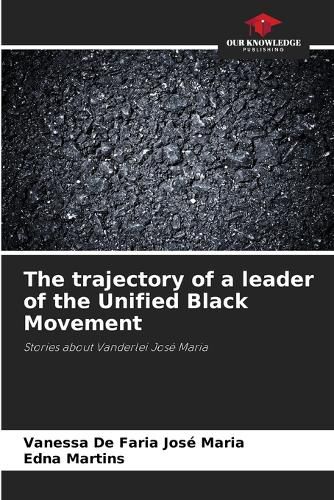Readings Newsletter
Become a Readings Member to make your shopping experience even easier.
Sign in or sign up for free!
You’re not far away from qualifying for FREE standard shipping within Australia
You’ve qualified for FREE standard shipping within Australia
The cart is loading…






The main purpose of this book was to recover the story of one of the founders of the Unified Black Movement (MNU) in Sao Paulo, Vanderlei Jose Maria. By tracing his personal and activist life, we sought to understand how he thought about the situation of black people in Brazil. Firstly, we carried out a bibliographical survey to understand how the first moments of the struggle of black people in the country took place, from the abolition of slavery to the current period. We adopted Vygotsky's cultural-historical approach as our theoretical framework, which allows us to study man as a whole, seeing him as a biological and social being. To do this, we used semi-structured interviews, with the intention of allowing the interviewees to feel that they were not just objects, but that they could feel part of the research, since they were close to Vanderlei. At the end of the research, we realised that Vanderlei's story and those of many other activists are closely intertwined and that they still reflect the way the black movement thinks today.
$9.00 standard shipping within Australia
FREE standard shipping within Australia for orders over $100.00
Express & International shipping calculated at checkout
The main purpose of this book was to recover the story of one of the founders of the Unified Black Movement (MNU) in Sao Paulo, Vanderlei Jose Maria. By tracing his personal and activist life, we sought to understand how he thought about the situation of black people in Brazil. Firstly, we carried out a bibliographical survey to understand how the first moments of the struggle of black people in the country took place, from the abolition of slavery to the current period. We adopted Vygotsky's cultural-historical approach as our theoretical framework, which allows us to study man as a whole, seeing him as a biological and social being. To do this, we used semi-structured interviews, with the intention of allowing the interviewees to feel that they were not just objects, but that they could feel part of the research, since they were close to Vanderlei. At the end of the research, we realised that Vanderlei's story and those of many other activists are closely intertwined and that they still reflect the way the black movement thinks today.